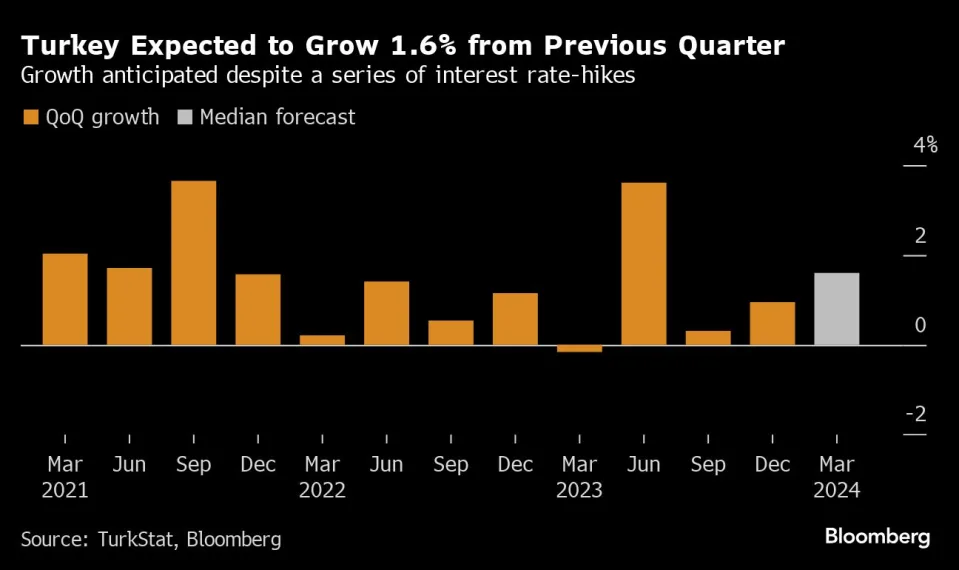Dell Technologies Inc. experienced a 13% drop in premarket trading on Friday as investors were not impressed by the company’s first revenue increase since 2022, particularly in regards to its AI server business. According to a statement released on Thursday, sales rose by 6.3% to $22.2 billion in the period ending May 3, surpassing analysts’ average estimate of $21.6 billion. Excluding certain items, profit reached $1.27 per share, slightly higher than the projected $1.23.
In the statement, Chief Operating Officer Jeff Clarke highlighted that revenue from Dell’s powerful servers designed for artificial intelligence tasks more than doubled compared to the previous quarter, reaching $1.7 billion. Additionally, the backlog for these machines increased by over 30% quarter-over-quarter to $3.8 billion. Chief Financial Officer Yvonne McGill expressed confidence that the momentum in AI demand will continue throughout the year during a conference call following the release of the results.
In its latest report, the company has revised its revenue forecast for the fiscal year ending in February 2025. The new range is set at $93.5 billion to $97.5 billion, indicating an 8% increase at the midpoint. This surpasses analysts’ average estimate of a 7% gain. Additionally, the adjusted profit is expected to be around $7.65 per share, slightly lower than the average estimate of $7.70.

However, Woo Jin Ho, an analyst at Bloomberg Intelligence, noted that the strong demand for Dell’s machines driven by the increasing popularity of AI has raised expectations for the company’s performance. He mentioned this in an interview on Bloomberg Television following the release of the report.
Dell’s shares saw a significant decline of approximately 13% in premarket trading on Friday, following the previous day’s closing price of $169.92 in New York. If this premarket decrease continues, it will mark Dell’s largest fall since August 26, 2022. Over the past year, Dell’s stock has more than tripled, as investors recognized the company’s potential in the artificial intelligence sector. With the rising demand for high-powered servers to facilitate complex AI tasks, Dell, along with a select few other companies, has been able to benefit from this trend.
However, despite Dell’s positive performance, the company failed to meet the high expectations of analysts. While its revenue from selling personal computers remained relatively stable at $12 billion, there was a surprising 3% increase in sales of business PCs, reaching $10.2 billion. Analysts had anticipated a 2% decline in this segment.
In a note to investors, analysts from Vital Knowledge acknowledged that Dell’s results were not necessarily poor, but they did not meet the lofty expectations set by the market. As a result, these numbers were not strong enough to drive further immediate growth for the company.
The PC market has experienced a significant decline in the past two years as consumers, businesses, and schools opted for laptops during the early stages of the pandemic. However, there was a 1.5% increase in shipments in the first quarter, marking the first growth since the end of 2021, according to industry analyst IDC in April.
PC manufacturers are optimistic that these numbers indicate the end of the slump and anticipate further growth in 2024. This is expected to be driven by the release of machines equipped with a new version of Microsoft Corp.’s Windows software and hardware with artificial intelligence capabilities.
HP Inc., one of Dell’s main competitors in the PC market, also reported signs of recovery in the computer market. This news led to a 17% increase in HP’s shares on Thursday. Like Dell, HP experienced an increase in sales among its business customers rather than consumers.
Dell’s infrastructure unit, which includes servers, networking, and storage equipment, saw a significant 22% jump in total sales, reaching $9.2 billion.
